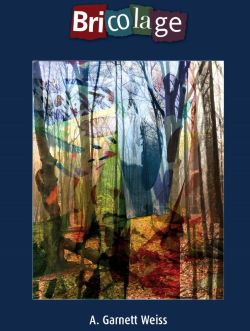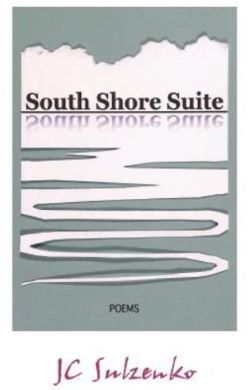JC is delighted that the Alzheimer Society of Canada has included “What My Grandma Means to Say” on its list of resources to help children and families talk about dementia. Here’s the link to the Society’s listing: http://www.alzheimer.ca/en/Living-with-dementia/Staying-connected/Helping-children (see page 1 for the Discussion Guide and page 6 for the storybook.)
Recent appearances at local elementary schools on behalf of the Alzheimer Society of Lanark County (ASLC) gave hundreds of students the chance to talk about dementia in the context provided by JC’s reading of the play or the storybook. “These educational tools are effective because they are so child-centred,” JC emphasizes. “Many hands went up from among the 200 students at St. Mary’s Catholic School in Carleton Place when I asked whether anyone knew someone living with Alzheimer’s disease. These students raised excellent questions and greeted ASLC’s invitation to enter a contest to write a poem about dementia with real enthusiasm.”
“What My Grandma Means to Say” is all about bringing children into the dialogue about Alzheimer’s in a way that helps them build their understanding and strategies to handle whatever comes their way. With the Alzheimer Society of Canada’s listing, families, who could find “What My Grandma Means to Say” helpful, will now know how easy it is to access the material.
The Discussion Guide can be downloaded free from this website. The storybook is still available from General Store Publishing House (www.gsph.com) or from e-book retailers.
This entry was posted in Archive. Bookmark the
permalink. Trackbacks are closed, but you can .



The Alzheimer Society of Canada now lists “What My Grandma Means to Say” among resources for children
JC is delighted that the Alzheimer Society of Canada has included “What My Grandma Means to Say” on its list of resources to help children and families talk about dementia. Here’s the link to the Society’s listing: http://www.alzheimer.ca/en/Living-with-dementia/Staying-connected/Helping-children (see page 1 for the Discussion Guide and page 6 for the storybook.)
Recent appearances at local elementary schools on behalf of the Alzheimer Society of Lanark County (ASLC) gave hundreds of students the chance to talk about dementia in the context provided by JC’s reading of the play or the storybook. “These educational tools are effective because they are so child-centred,” JC emphasizes. “Many hands went up from among the 200 students at St. Mary’s Catholic School in Carleton Place when I asked whether anyone knew someone living with Alzheimer’s disease. These students raised excellent questions and greeted ASLC’s invitation to enter a contest to write a poem about dementia with real enthusiasm.”
“What My Grandma Means to Say” is all about bringing children into the dialogue about Alzheimer’s in a way that helps them build their understanding and strategies to handle whatever comes their way. With the Alzheimer Society of Canada’s listing, families, who could find “What My Grandma Means to Say” helpful, will now know how easy it is to access the material.
The Discussion Guide can be downloaded free from this website. The storybook is still available from General Store Publishing House (www.gsph.com) or from e-book retailers.
Share this: